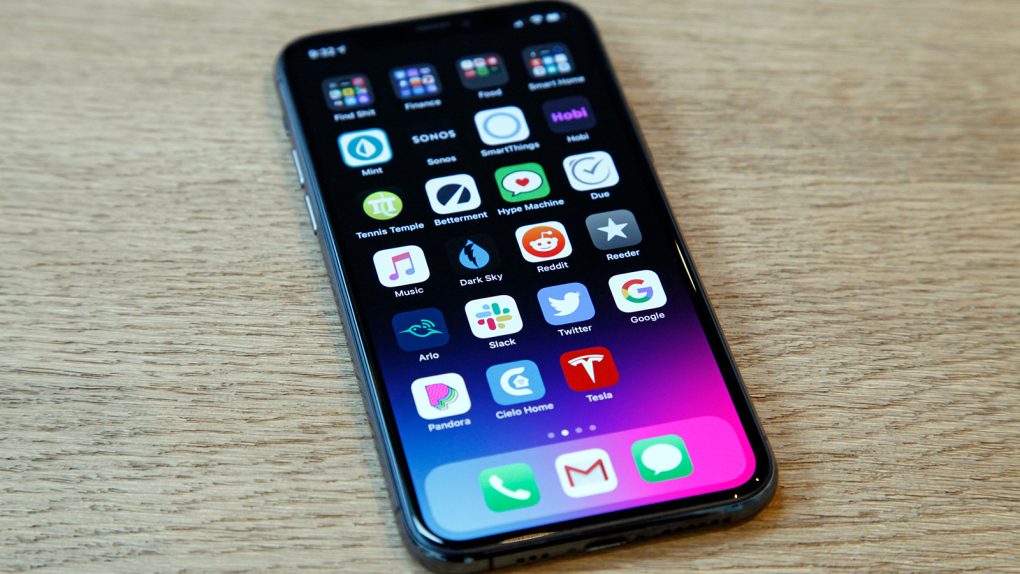There’s no denying that the iPhone has become more durable over time, and with the iPhone 11, Apple set out to take things to the next level. According to Apple, the iPhone 11 has more resilient glass than any other smartphone on the market, something the company achieved via a “dual-ion exchange process,” courtesy of Corning.
All that said, just because the iPhone 11 happens to be less likely to shatter, that doesn’t necessarily mean it’s less likely to get scratched up. Indeed, there are a growing number of iPhone 11 users on Apple discussion boards complaining about the device picking up scratches far too easily.
Many of the threads share a common theme, which is to say that their iPhone 11 units are exhibiting scratches for seemingly no reason.
One complaint reads:
The screen feels like it can get scratches or smears when not even in contact with sharp or rough surfaces. Never had this issue with previous generation iPhones. Not impressed.
Another reads:
I have a legit crack/scratch in my screen that showed up out of nowhere. No drop, no incident… but I can feel it with my nail, but its not a crack in the sense that it’s emanated out or any spider webs. Just a small line-chunk out of the front facing glass, along with a separate small chunk missing a few millimeters away. Truly almost seems like a defect in the manufacturing to have appeared after 24 hours of use without incident.
Indeed, one of the more curious aspects of these complaints is that scratches not only showed up out of nowhere, but tended to arise within a day after purchase. While one way to avoid this scenario is to simply put a screen protector on your device, you would assume that wouldn’t be necessary on a premium device.
Notably, Apple a few years ago set out to create a completely scratch-proof iPhone via a partnership with GT Advanced Technologies. GT Advanced Technologies was supposed to supply incredibly scratch-resistant sapphire glass to Apple for future iPhone models before the company tumbled into bankruptcy. Eventually, word emerged that the company had misled Apple with respect to its ability to a) meet Apple’s technical standards and b) even supply a sufficient amount of glass.








